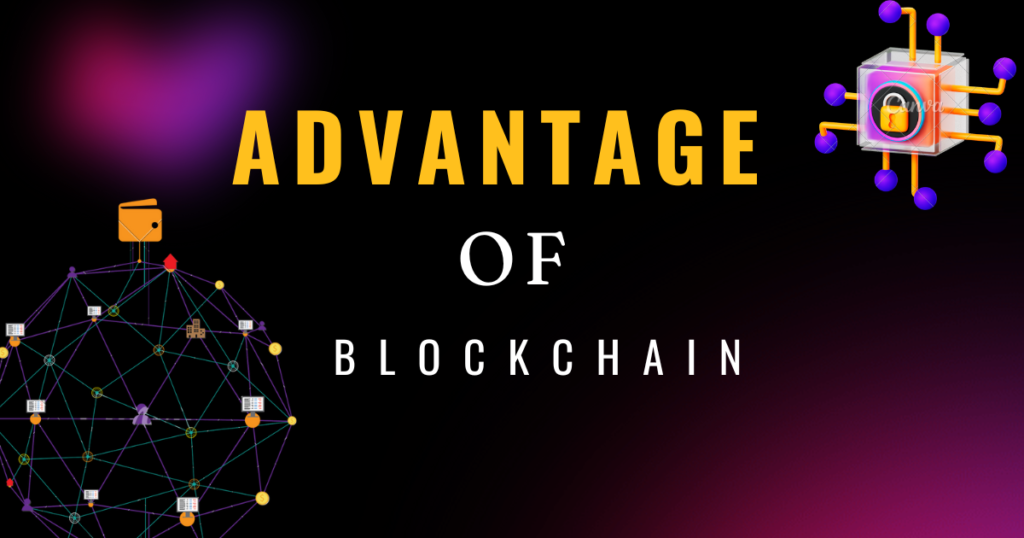Cryptocurrency has surprised the financial world throughout the last 10 years, changing the manner in which we contemplate money and transactions. Be that as it may, what precisely is cryptocurrency and how can it function? Basically, cryptocurrency is a digital form of currency that involves cryptography for security and works freely for a central governing power, like a bank or government.

1. Cryptocurrency: What is it, and for what reason is it turning out to be so famous?
Not at all like traditional monetary standards, which are given and controlled by governments, cryptocurrencies work on decentralised networks in view of blockchain technology. This implies that transactions are recorded on a public ledger that is dispersed across various PCs, making it almost impossible to control or hack.
One of the key justifications for why cryptocurrency has become so famous is its commitment to financial opportunity and autonomy. With traditional banks and financial establishments having command over our money, cryptocurrencies offer an elective that permits people to have full command over their funds. This implies that you can send and get installments without requiring endorsement from an outsider, and you can do so without stressing over high expenses or deferrals.
One more justification behind the ascent in prevalence of cryptocurrencies is their capacity to provide an elective investment choice. With traditional investments like stocks or real estate, there are often high boundaries and restricted opportunities for enhancement. Cryptocurrencies, then again, have a somewhat low obstruction to passage and can be traded all day, every day, on different exchanges. This has drawn in numerous investors hoping to broaden their portfolios and possibly procure significant yields.
Furthermore, cryptocurrency transactions are frequently quicker and safer than traditional banking transactions. With traditional banks, transactions can take days to process, particularly for worldwide installments. Cryptocurrencies, then again, can be sent and gotten momentarily, with low transaction expenses.
Moreover, the rising reception and acknowledgment of cryptocurrencies by the two people and organisations have added to their fame. An ever-increasing number of organisations are beginning to acknowledge cryptocurrencies as a form of payment, going from independent companies to enormous enterprises like Microsoft and PayPal. This acknowledgment has assisted in legitimising cryptocurrencies as a substantial form of money, further energising their notoriety.
2. Figuring out the technology behind cryptocurrency: blockchain, mining, and encryption.
Cryptocurrency is a digital form of currency that uses cryptographic technology to secure financial transactions, control the making of new units, and verify the exchange of assets. At the centre of this technology is a decentralised framework that permits clients to make peer-to-peer transactions without the requirement for a central power, like a bank or government. To comprehend how cryptocurrency functions, it is vital to dig into the hidden technology that powers it: blockchain, mining, and encryption.
A blockchain is basically a digital ledger that records transactions across a network of PCs. Every transaction is added to a block, which is then connected to past blocks, making a chain of blocks—hence the name blockchain. This technology guarantees straightforwardness and changelessness, implying that once a transaction is recorded, it can’t be modified or erased. This decentralised framework disposes of the requirement for intermediaries and decreases the risk of extortion, making transactions safer and more efficient.
Mining is the process by which transactions are verified and added to the blockchain. Miners utilise strong PCs to settle complex numerical riddles that approve transactions and make new blocks. As a trade-off for their endeavours, miners are compensated with brand new cryptocurrency coins. This interaction is vital for keeping up with the respectability of the network and preventing false exercises like two-fold spending. As additional transactions are verified, the blockchain develops longer and further, making it more secure and resistant to attacks.
Encryption assumes a key role in getting cryptocurrency transactions and keeping client information hidden. At the point when a transaction is started, it is encrypted utilising advanced cryptographic algorithms, which scramble the data to make it incomprehensible to any individual who doesn’t have the comparing keys. These keys are interesting to every client and are utilised to unscramble the data and affirm the authenticity of the transaction. This cycle guarantees that touchy information, for example, account adjustments and transaction subtleties, stays private and secure.
3. How transactions work: peer-to-peer transfers, digital wallets, and private keys.
Cryptocurrency transactions are at the core of how digital monetary standards like Bitcoin, Ethereum, and numerous others function. Dissimilar to traditional monetary standards, which require a central power like a bank to work with transactions, cryptocurrencies work on a decentralised network of PCs known as a blockchain. This permits clients to send and receive digital currency directly from each other without the need for intermediaries.
One of the critical parts of cryptocurrency transactions is peer-to-peer transfers. At the point when you need to send cryptocurrency to someone else, you basically start an exchange from your digital wallet to theirs. This move is then verified by the network of PCs in the blockchain, which affirms that you have the essential funds and guarantees that the transaction is secure and real. When the exchange is affirmed, the beneficiary will see the cryptocurrency show up in their digital wallet in a flash, as a rule within merely seconds or minutes.
Digital wallets are fundamental tools for storing, sending, and getting cryptocurrencies. These wallets come in many forms, including software wallets that are stored on your PC or cell phone, hardware wallets that are actual gadgets intended to store your cryptocurrency disconnected for added security, and online wallets presented by cryptocurrency exchanges. Every wallet has its own interesting location, which serves as a digital identifier for your particular record on the blockchain. At the point when you need to get cryptocurrency from another person, you just furnish them with your wallet address, like giving somebody your email address to get an email.
Private keys are one more urgent part of cryptocurrency transactions. These keys are basically passwords that permit you to access and control the funds in your digital wallet. Every cryptocurrency account has its own private key, which is a long line of haphazardly created characters. It is vital to keep your hidden key secure and never share it with any other person, as doing so could permit unapproved access to your funds. In the event that you lose your private key, you will lose access to your cryptocurrency perpetually, as it is absolutely impossible to recover it without this key.
At the point when you send a cryptocurrency transaction, your digital wallet utilises your private key to sign the transaction and verify that it is genuine. This mark is then affirmed by the network of PCs in the blockchain, which guarantees that no one but you can approve transactions from your record. When the transaction is affirmed, it is added to a block on the blockchain, where it is stored for all time and can’t be modified. This course of checking and recording guarantees that cryptocurrency transactions are secure, straightforward, and sealed.
Taking everything into account, cryptocurrency transactions depend on peer-to-peer transfers, digital wallets, and private keys to work with secure and proficient exchanges of digital currency. By understanding how these parts cooperate, you can explore the universe of cryptocurrencies with certainty and exploit the advantages they offer, for example, lower charges, quicker transactions, and more noteworthy protection. Whether you are sending money to a companion across the globe or investing in a store for finance, cryptocurrency transactions offer a previously unheard-of method for moving worth in the digital age.



Pingback: How Cryptomus is Revolutionizing Cryptocurrency Payments -
Pingback: what is Crypto Tax Software -